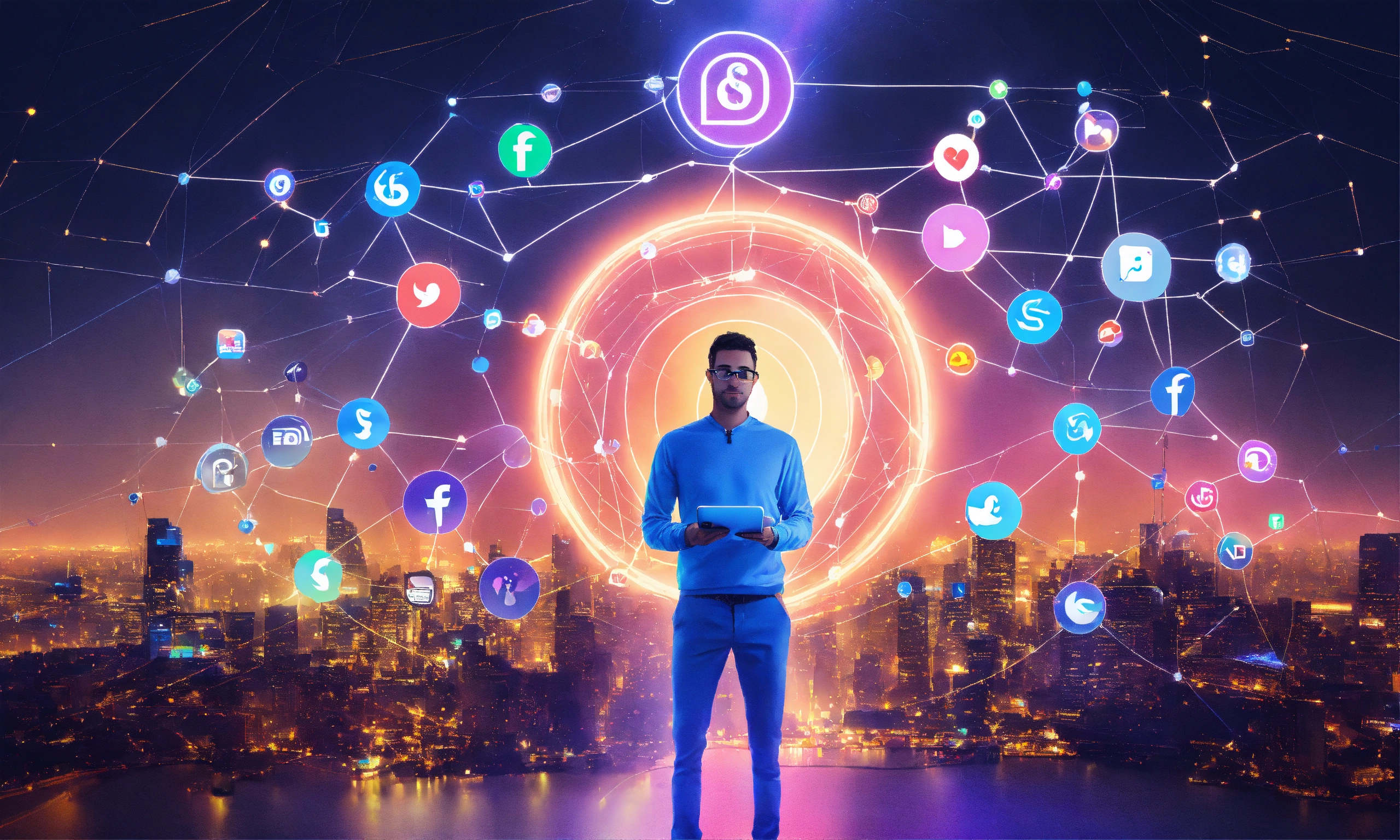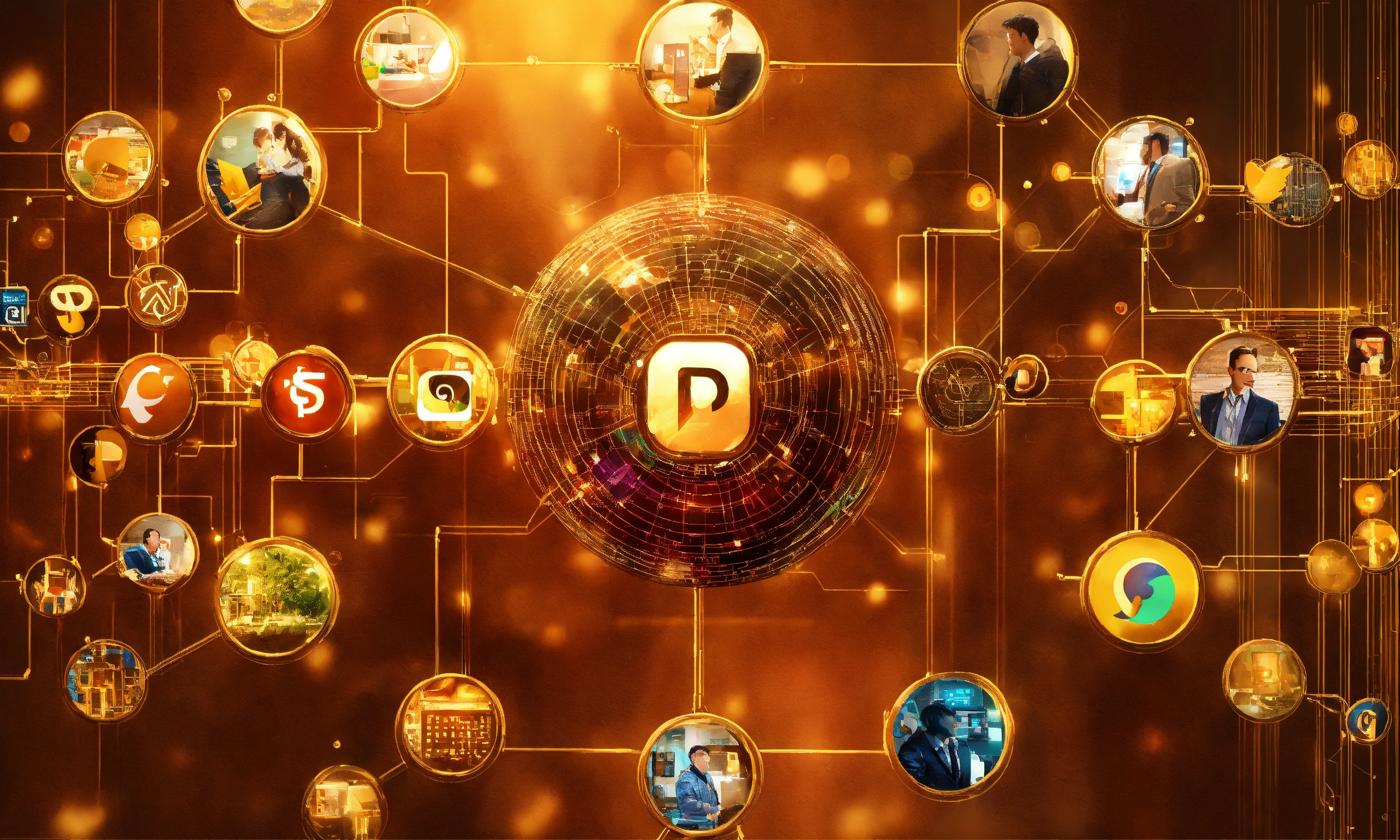What Is the Metaverse?
The metaverse refers to a collective virtual shared space that integrates augmented reality (AR), virtual reality (VR), and blockchain technologies. It allows users to engage in social interactions, conduct business, and access entertainment in immersive digital environments.
This concept has evolved from early platforms like Second Life to more advanced ecosystems such as Decentraland and Horizon Worlds. As the metaverse develops, it’s becoming a critical frontier for technological innovation and human interaction.
Impact of the Metaverse on Economy
New Business Opportunities
The metaverse opens doors for new revenue streams. Businesses are creating virtual stores, hosting events, and offering digital goods. Examples include:
- Virtual real estate: Platforms like The Sandbox allow users to buy, sell, and develop digital properties.
- Non-fungible tokens (NFTs): These are used to verify ownership of digital assets such as artwork, music, and virtual goods.
- Advertising: Companies are experimenting with immersive ad campaigns that engage users in creative ways.
The economic implications are vast, with industries like fashion, gaming, and retail reimagining their models to include metaverse strategies.
Economic Challenges
Despite its potential, the metaverse presents significant challenges:
- Regulation: Governments need to establish laws to address issues like intellectual property and taxation.
- Privacy concerns: Users’ data in the metaverse is at risk of being exploited for profit.
- Digital inequality: Access to the metaverse is limited by economic and technological barriers, creating disparities.
The Metaverse and the Future of Work
Remote Work and Virtual Offices
The COVID-19 pandemic accelerated the shift to remote work, and the metaverse is taking this further by enabling virtual workplaces. Features include:
- 3D collaboration spaces: Teams can interact in virtual offices designed for productivity and creativity.
- Enhanced engagement: Tools like VR headsets enable realistic interactions, improving team cohesion.
Companies like Accenture are already leveraging virtual environments for employee onboarding and training.
Future Skills and Jobs
The metaverse is reshaping the job market, introducing roles like:
- Virtual architects: Designing immersive spaces within the metaverse.
- Metaverse event planners: Organizing virtual concerts, conferences, and social gatherings.
- Blockchain developers: Building the infrastructure for secure transactions and asset ownership.
Employees will need to upskill in areas like programming, 3D modeling, and blockchain technology to thrive in this new era.
Educational Transformation in the Metaverse
Immersive Learning Environments
The metaverse is revolutionizing education by providing interactive and engaging learning experiences. Examples include:
- Virtual classrooms: Students can attend classes in a 3D environment, exploring complex concepts visually.
- Simulated experiments: Virtual labs allow learners to conduct experiments without physical limitations.
Institutions like Stanford University have already started integrating virtual reality into their curriculum.
Accessibility and Digital Divide
While the metaverse promises transformative educational opportunities, it also highlights the digital divide. Key challenges include:
- Cost of equipment: VR headsets and high-performance computers are expensive.
- Internet connectivity: Reliable high-speed internet is essential for seamless metaverse access.
Efforts to address these issues, such as subsidized technology programs, are critical to ensuring equitable access.
Challenges and Opportunities of the Metaverse
The metaverse brings both opportunities and challenges:
- Ethical concerns: Issues like identity theft and mental health implications need addressing.
- Technological hurdles: Building a seamless and interoperable metaverse requires massive computational power.
- Social implications: Balancing virtual and real-world interactions is essential for well-being.
Despite these challenges, the metaverse offers unprecedented opportunities for creativity, innovation, and connectivity.
Conclusion
The metaverse is more than just a buzzword—it represents a paradigm shift in how we interact with technology and each other. Its impact on the economy, work, and education will shape the future in profound ways. By addressing its challenges thoughtfully, we can unlock its full potential and create a digital world that benefits everyone.


